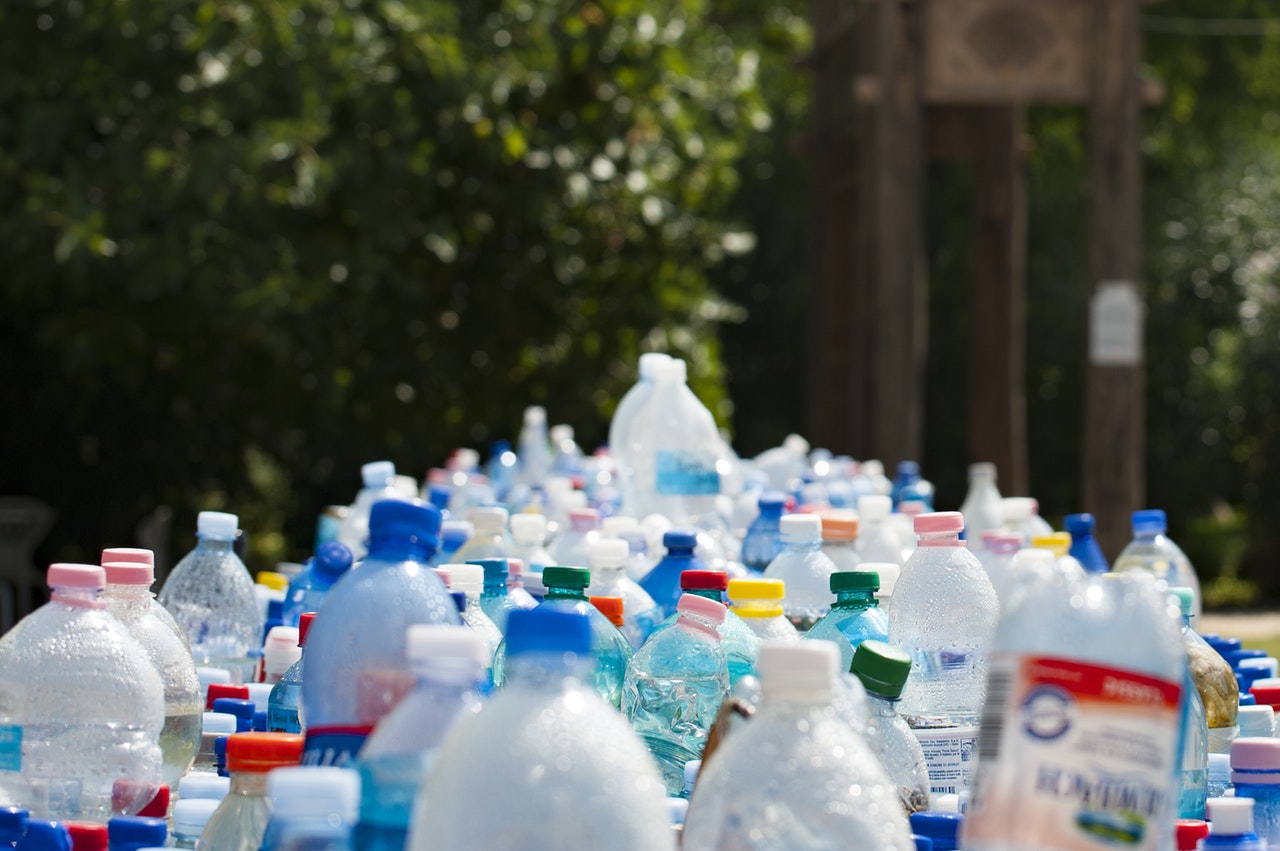Recycle, recycle, recycle. The notion has been around for some time but only in recent years are we seeing real progress. In the last few years we’ve really stepped up for the environment, making conscious choices to recycle and thinking about our waste management.
There’s still a ways to go, we’re still throwing plastic bottles in the ‘normal’ bin towards the end of the fortnight and nobody knows what to do with soiled kitty litter without the helping hand of a non-biodegradable material. But overall, Australians are starting to become more aware of their waste, unnecessary usage, and recycling habits.
The thing with recycling is that there’s no real point in recycling your Dolmio jar if it’s filled with pasta sauce. If the pasta sauce leaks onto the paper then that recycling endeavour was pointless. A lot of Australians have been confused by recycling for near on a decade, the basics are; don’t leave food in the packaging, placing recyclables in a plastic bag is redundant, and please please wash them.
You’re probably thinking, “yeah that makes sense but I thought we had to conserve water too?”
You’re absolutely right, Australia’s only recently come out of one of the worst droughts we’d ever seen and our farmers are still paying the price. But it turns out that the environmental impact from rinsing your recyclables in cold water is far outweighed by the energy saved by recycling the item.
Jason Goodman told Lifehacker, “Since I’m both an environmental scientist and a lazy person, I’ve done the maths on this before.”
“I found that recycling saves far more energy than the cost of washing the containers.”
Turns out rinsing out your container with hot water, and generously assuming you use the container’s volume of water to rinse it, uses two to eight per cent of what is saved by recycling it.
An important part to clarify in this is that when rinsing your recyclables you don’t need to wash it like it’s returning to the cupboard with the reusable container — just enough so it’s not a vermin-magnet.
Although, while washing them may only use two to eight per cent of the energy saved from recycling, we are still wasting water and energy, not to mention the rest of our bad water habits as a species.
A simple solution is recycling our water too.
It turns out rainwater, stormwater, greywater, industrial water, and sewage are all recyclable forms of water.
Rainwater is the only recyclable water source that can be repurposed for drinking and uses the least amount of energy to make it reusable.
Stormwater, greywater, and Industrial water can be repurposed for things like gardening, washing cars, or flushing toilets and sewage is great for agricultural use.
If you’re looking for something with a touch less commitment that you can do right now to soften your footprint in the environment, why not actively conserve water by being mindful?


